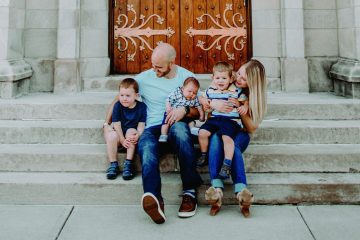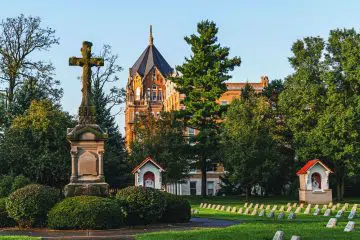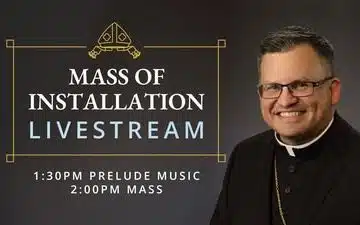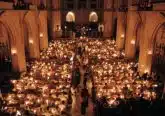Supreme Court vacates ruling on Colorado church restrictions
CNA Staff, Dec 15, 2020 / 01:00 pm MT (CNA).- The Supreme Court accepted a church’s appeal against coronavirus restrictions in the state of Colorado on Tuesday, even after the governor reclassified churches to stop the rules applying.
High Plains Harvest Church in Eaton, Colorado, had appealed to the Supreme Court for relief from the state’s capacity limits on indoor religious services during the pandemic. Colorado had limited attendance at houses of worship to just 50 people, in certain areas where the virus was spreading acutely.
However, on Dec. 7 the state reclassified houses of worship as “critical businesses,” thus exempting them from the 50-person capacity restriction.
Last week, Gov. Jared Polis (D) asked the Supreme Court to drop the case, as the restrictions no longer applied, and cited the Supreme Court’s Nov. 25 ruling in Roman Catholic Diocese of Brooklyn v. Cuomo, where the court granted relief for Catholic churches and Orthodox Jewish synagogues from the state’s capacity limits for indoor religious services.
On Tuesday, the Supreme Court still accepted the church’s appeal for relief, and subsequently vacated an Aug. 10 district court decision against the church.
The court then sent the case back to the lower courts for reconsideration in light of the Brooklyn Diocese case.
Justice Elena Kagan wrote a dissent, joined by Justices Sonia Sotomayor, and Stephen Breyer. Kagan said that “this case is moot,” as the state had already lifted its restrictions on the church in line with the court’s Brooklyn Diocese ruling.
“Absent our issuing different guidance, there is no reason to think Colorado will reverse course—and so no reason to think Harvest Church will again face capacity limits,” she wrote.
Churches in New York, California, and now Colorado have won their appeals for relief against state COVID restrictions in light of the court’s Brooklyn Diocese ruling—or are poised to win their pleas for relief. California churches saw their appeals granted by the Supreme Court earlier this month, and sent back to the lower courts for reconsideration.
Another related case could make its way to the court soon, that of the Archdiocese of Washington against the District of Columbia’s restrictions on indoor religious services.
The archdiocese sued over the city’s 50-person limit on indoor religious services around the Christmas season, saying that the order was arbitrary in that some churches could hold hundreds or thousands of worshippers—and thus safely accommodate more than 50 people. The archdiocese asked for capacity-based limits and not a straight 50-person cap at its churches.
The complaint has been filed at the D.C. district court.













